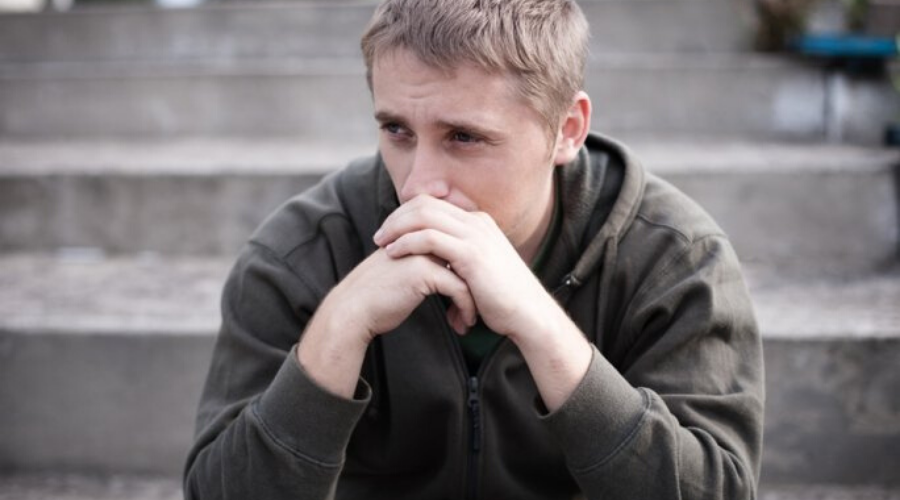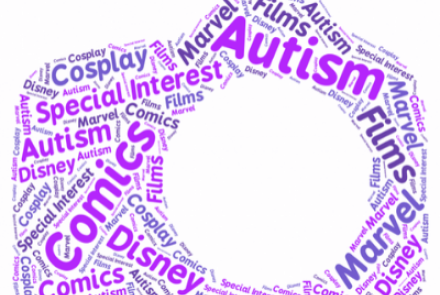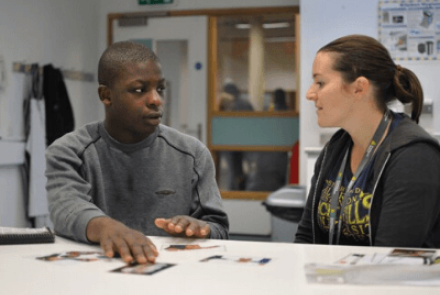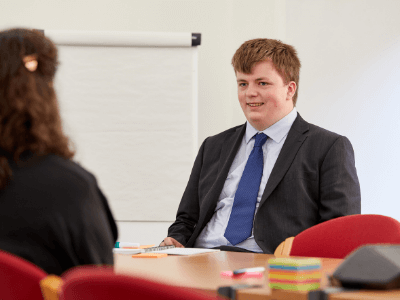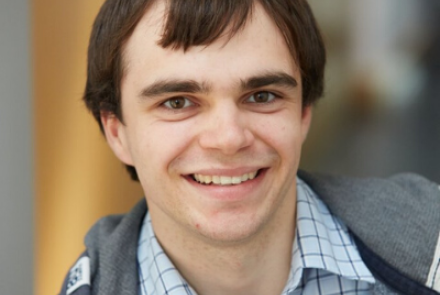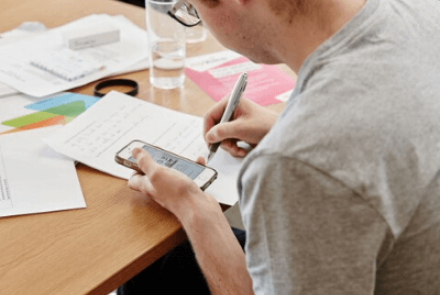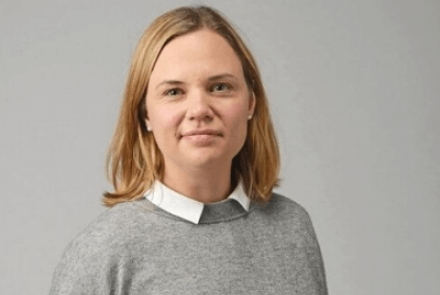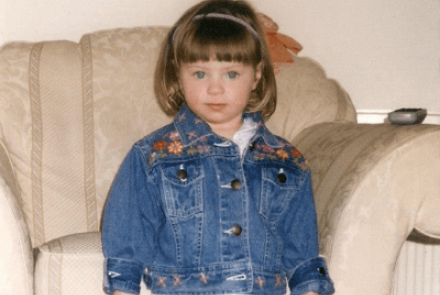Why are young people with autism getting excluded?
The number of young people with autism being excluded or taken out of school for weeks or months is too high.
In our recent report, Ruled Out, over 20% of parents said their child had been formally excluded. The report also found that 4 in 10 young people with autism were excluded informally.
The question is why are young people with autism being excluded?
Do teachers feel equipped to teach young people with autism? Alarmingly, 60% of the 1,000 teachers interviewed for our report said no, they don't feel able to manage students' behaviour or their need for routine. We, along with the National Autistic Society, are calling for all teachers to be trained in teaching young people with autism.
“It's far too easy to believe that autistic people are just naughty, have no control over themselves and will never amount to anything anyway,” says Damilola Benbow, Ambitious about Autism’s Participation Coordinator. “But often all that's needed is support and adjustment to help a student reach their full potential.”
Legally, if a young person has Special Education Needs (SEN) they should be assessed to see what other support can be provided to make sure they're not removed from the classroom, or worse, excluded. Unfortunately this doesn't always happen – especially if their signs go undetected.
What's the difference between formal and informal exclusions?
There are two ways young people can be excluded from education:
- Formal exclusion: this is a decision made between the school and the local authority, and alternative education must be provided for the pupil – normally a Pupil Referral Unit (PRU).
- Informal exclusions: these are 'off the record' and often managed through part-time timetables. They're legal but often unregulated.
Informal exclusions may appear to be the softer approach, but they're just as damaging as formal exclusions, as Damilola explains: “Although part-time timetables can be beneficial to some young people, they are regularly abused by schools by making sure that autistic pupils come into school as little as possible without technically excluding them.”
How could exclusion affect my education?
Denying a child their education has a huge impact on them academically, especially when it comes to their GCSEs. It also hinders their chance of going on to further education and limits their career choices.
Young people who are excluded will be offered alternative education. This can be particularly disruptive and unsettling for young people with autism. On the other hand, if a young person with autism has been informally excluded and hasn't been offered alternative education or support, they’re unlikely to reach their full potential in their GCSEs.
Because autism is so misunderstood it's all too easy to write off an excluded student off as a no-hoper, when all that's needed are reasonable adjustments to help them achieve their goals. Take Joseph, a case study in our report. Joseph was diagnosed with Asperger’s at 14. It was only after Joseph’s family took his case to a tribunal that the local authority agreed to fund his place at a residential school, where he achieved 10 GCSEs.
How could exclusion affect my self-esteem?
Fitting in can be hard enough for people with autism, but adding the pressure of being different for not going to school makes things much worse. Taking away a pupil's familiarity of friends, routine and environment can have a serious impact on their wellbeing, not to mention the wider implications on family life.
Many families rely heavily on the stability and structure of school to help their child cope with everyday life. Removing this puts enormous emotional and financial pressure on everyone.
What can I do if I’ve been excluded?
If you've been excluded from school, contact Citizen's Advice for more information about how to challenge the decision and what your options are.
It's essential you know your rights. The Children and Families Act 2014 aims to improve support for young people with Special Educational Needs in schools. It sets out all the rights that young people and their families have, such as:
- The resources to help their child get the support they need,
- The right to attend a school with a specialist autism teacher.
If you've been threatened with exclusion, this can be turned around by the commitment and understanding of your friends or teachers. Getting involved in a club that helps you focus your mind and develop skills could help. The XL club run by the Prince's Trust is a good place to start.
Exclusion is a last resort, but with the right support it can be prevented. It's crucial that everyone has access to education, as Damilola says: “The core values of British society are that we are free, fair and just. As long as children with autism are excluded from our education system, and society in general, then these values which we hold so dear are something that we can never aspire to."

